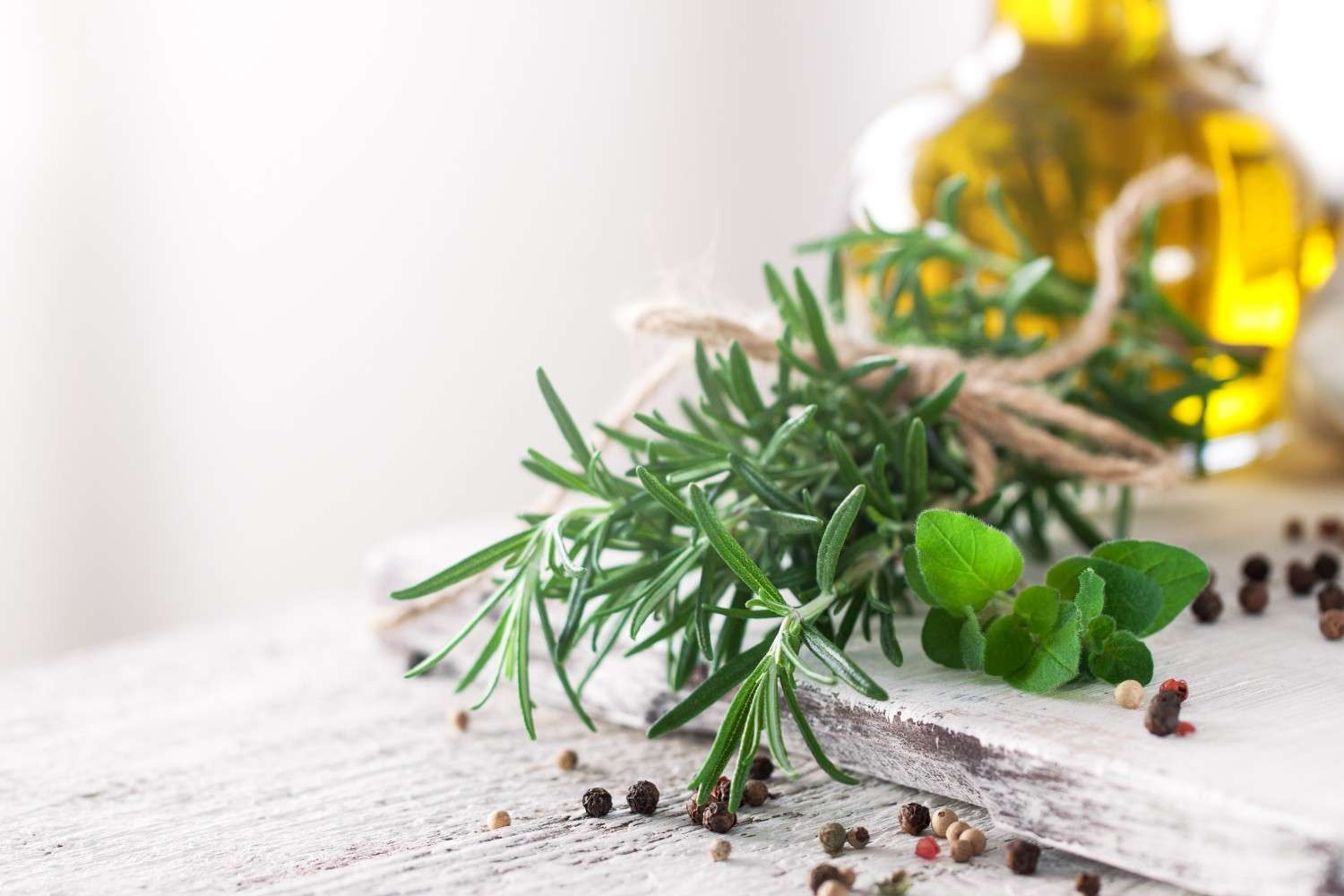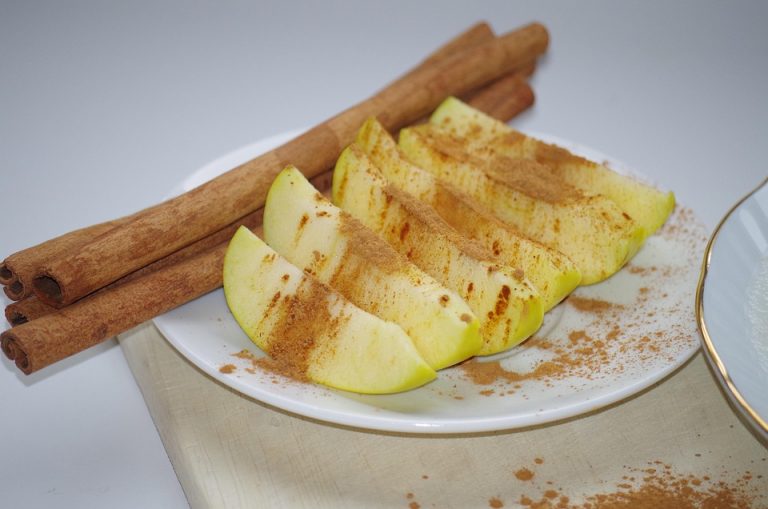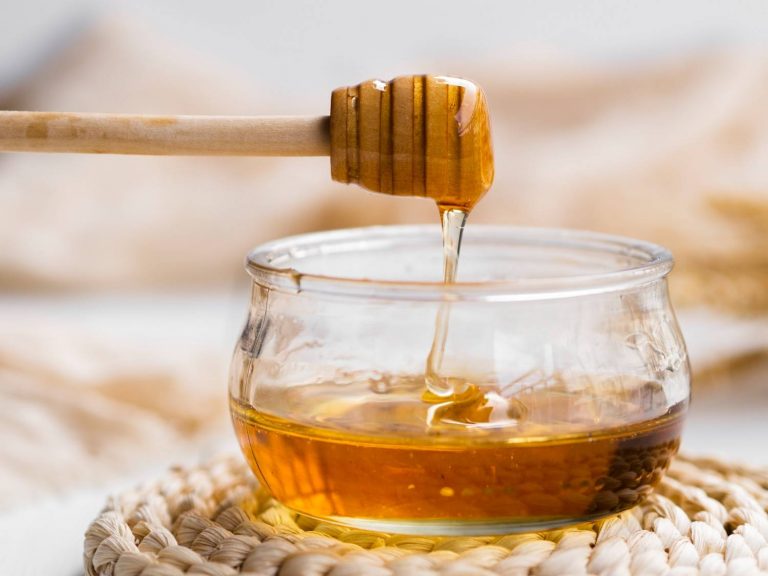Did you know that a humble herb like thyme can pack a powerful punch when it comes to gut health? While we often think of thyme as just a seasoning for our favorite dishes, its benefits extend far beyond the kitchen. Let’s dive into the surprisingly complex relationship between thyme and gut health, unraveling the science behind this aromatic herb and how it can positively influence our digestive system.
Contents
1. Rich Source of Antioxidants
First off, thyme is loaded with antioxidants. These substances help neutralize harmful free radicals in our bodies, which can lead to oxidative stress and contribute to various health issues, including digestive problems.
Why It Matters
Antioxidants support a healthy gut by promoting the integrity of the gut lining and reducing inflammation. Research indicates that a compromised gut barrier, often referred to as “leaky gut,” can lead to a host of issues, including chronic inflammation and autoimmune diseases. A study published in Food Chemistry found that thyme contains notable amounts of carvacrol and thymol, compounds that exhibit strong antioxidant properties (Dorman, H. J. D., & Hiltunen, R., 2004).
Practical Tip
Want to incorporate more thyme into your diet? Try adding fresh thyme to your salad dressings or soups. Not only will you boost flavor, but you’ll also up your intake of antioxidants.
2. Supports Healthy Bacterial Balance
Thyme is not just about antioxidants; it’s also known for its antimicrobial properties. Studies have shown that thyme essential oil can inhibit the growth of harmful bacteria in the gut while promoting beneficial strains.
The Gut Microbiome
A balanced gut microbiome is critical for overall health. Disruptions in our gut bacteria can lead to issues like IBS, constipation, and even mental health problems. According to research published in the Journal of Medicinal Food, thyme essential oil has demonstrated antimicrobial activity against various gut pathogens, suggesting it can help maintain a healthy bacterial balance (Burt, S., 2004).
Use Case
Consider brewing thyme tea or using thyme in marinades for meats. This method can enhance flavor while also supporting gut health by reducing harmful bacteria from those foods.
3. Aids in Digestion
Let’s talk about digestion. Thyme has been used traditionally as a digestive aid for centuries. Its carminative properties—meaning it helps relieve gas and bloating—can help enhance digestive comfort.
How It Works
Thyme encourages the secretion of digestive juices, which can help break down food more effectively. A study published in Herbal Medicine: Biomolecular and Clinical Aspects highlights that herbal remedies containing thyme can effectively alleviate digestive issues like bloating and stomach cramps (Pérez, M. A., 2012).
Real-Life Example
Next time you feel a little bloated after a meal, try sipping on some thyme-infused herbal tea. It could help soothe that uncomfortable feeling.
4. Anti-Inflammatory Properties
Chronic inflammation is a culprit behind many health issues, including those affecting the gut. Thyme is rich in several compounds that possess anti-inflammatory properties, which can help soothe an irritated digestive tract.
The Evidence
A study published in the Journal of Ethnopharmacology found that thyme extracts exhibited significant anti-inflammatory effects, potentially benefiting those with inflammatory bowel diseases like Crohn’s or ulcerative colitis (Suleiman, M. M., et al., 2019).
Caution
While thyme can be beneficial, it’s essential to remember that it should complement a well-rounded diet. Over-reliance on any single herb won’t provide a cure for chronic inflammation.
5. Stress Reduction
Believe it or not, thyme can also play a role in stress reduction, which is vital for gut health. Stress can lead to digestive problems, and managing it is crucial for maintaining a balanced gut.
The Connection
Thyme contains compounds like carvacrol and thymol that have been shown to exhibit anti-anxiety effects. A study highlighted in Phytotherapy Research noted that aromatic plants like thyme can positively impact mood and reduce stress (Brodsky, L., 2017).
How to Use It
Consider using thyme in aromatherapy or enjoying a calming cup of thyme tea when you’re feeling stressed. It’s a simple yet effective way to infuse your day with a little calm.
Practical Tips for Incorporating Thyme into Your Routine
Here are five straightforward ways to add thyme to your diet for better gut health:
-
Herbal Tea: Brew fresh thyme leaves in hot water for a soothing digestive tea.
-
Marinades: Use thyme in your marinades for meats and vegetables to enhance flavor and promote gut health.
-
Soups and Stews: Add thyme to soups and stews for a burst of flavor and health benefits.
-
Salad Dressings: Mix fresh thyme into your homemade salad dressings for a healthy twist.
-
Essential Oil: If comfortable, consider using diluted thyme essential oil in aromatherapy for stress relief.
FAQs
1. Is it safe to consume thyme every day?
Yes, consuming thyme in moderate amounts as a culinary herb is generally safe for most people. However, if you have specific health conditions or are pregnant, consult a healthcare provider.
2. Can thyme cure digestive issues?
While thyme can support gut health and alleviate some digestive discomforts, it is not a cure for significant digestive problems. Always seek medical advice for chronic issues.
3. How can I use thyme essential oil?
Thyme essential oil can be used in aromatherapy or diluted with a carrier oil for topical application. Always ensure it’s safe for use and consult a specialist if unsure.
4. Are there any side effects of thyme?
Thyme is generally safe, but consuming large amounts may lead to digestive upset for some individuals. Always start with small amounts and observe how your body reacts.
Conclusion
Thyme might be a little herb, but its impact on gut health is anything but small. From its antioxidant properties to its ability to support a balanced gut microbiome, thyme has much to offer. It’s a testament to how integrating simple ingredients into our lives can have profound health benefits.
So, the next time you’re cooking, don’t underestimate the power of thyme. Use it liberally and enjoy the delicious flavors and health perks it brings. Your gut may just thank you for it!
As you explore the world of herbs, remember that research is ongoing, and while results are promising, it’s always a good idea to consult healthcare professionals for personalized advice.
This article is for educational purposes only and is not a substitute for professional medical advice. Always consult a qualified healthcare provider before making changes to your health routine.
References
-
Burt, S. (2004). Essential oils: Their antibacterial properties and potential applications in foods—a review. Journal of Food Science, 69(3), R114-R120. https://doi.org/10.1111/j.1365-2621.2004.tb17802.x
-
Dorman, H. J. D., & Hiltunen, R. (2004). Screening the antimicrobial activity of the essential oils of some spices. Food Chemistry, 87(3), 327-338. https://doi.org/10.1016/j.foodchem.2003.01.014
-
Pérez, M. A. (2012). Herbal medicine: Biomolecular and clinical aspects. Herbal Medicine: Biomolecular and Clinical Aspects. https://www.ncbi.nlm.nih.gov/books/NBK92740/
-
Brodsky, L. (2017). Aromatherapy and its effects on mood. Phytotherapy Research, 31(7), 1046-1052. https://doi.org/10.1002/ptr.5789
-
Suleiman, M. M., et al. (2019). Anti-inflammatory activity of some medicinal plants. Journal of Ethnopharmacology, 241, 112029. https://doi.org/10.1016/j.jep.2019.112029
Get Your FREE Natural Health Guide!
Subscribe now and receive our exclusive ebook packed with natural health tips, practical wellness advice, and easy lifestyle changes, delivered straight to your inbox.




